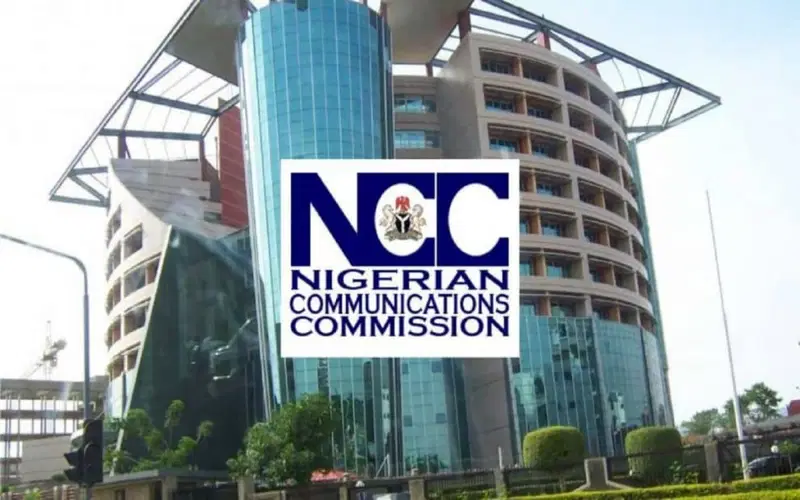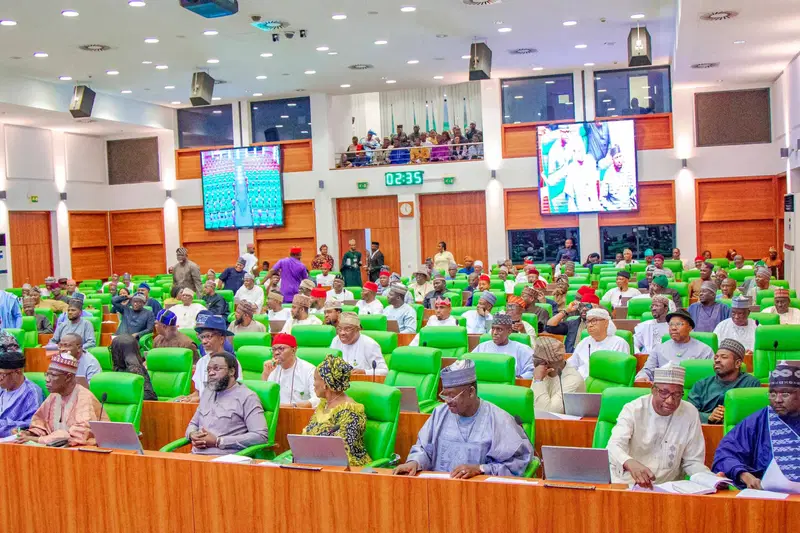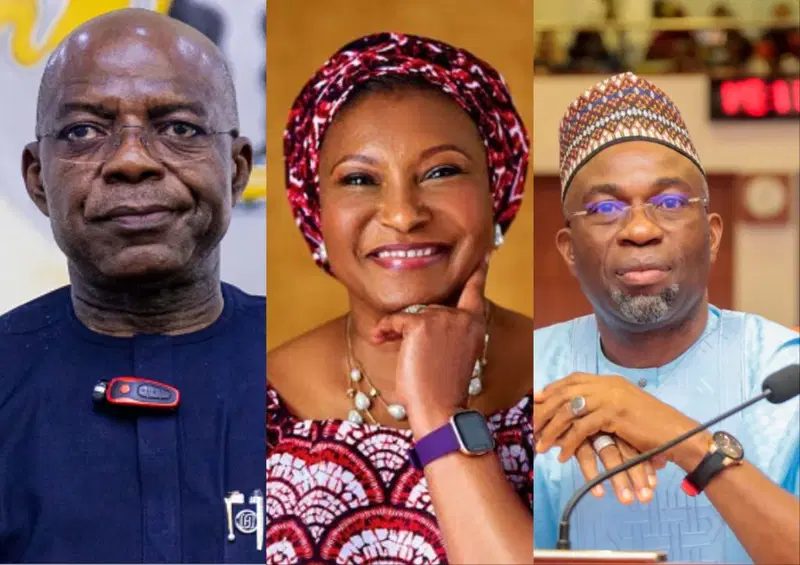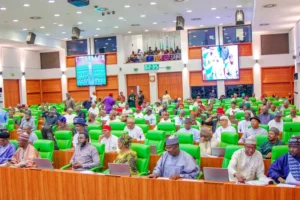FG Moves to De-dollarise Nigerian Economy as Access, GTB, Others Adjust Exchange Rates. The Nigerian government is actively working to de-dollarize the economy while preparing to strengthen the native currency. De-dollarization involves reducing the use of dollars in global financial and commercial transactions. According to the minister, this initiative is part of the fiscal authorities’ efforts to support the work of the monetary policy authorities.Henzodaily.ng journalist Zainab Iwayemi, with over three years of experience covering the Economy, Technology, and Capital Market, reports that as part of efforts to strengthen the local currency, the Nigerian government is implementing significant measures to achieve this goal.
The Nigerian government’s push to de-dollarize the economy is a strategic move aimed at enhancing the stability and value of the naira. This initiative is expected to reduce the nation’s dependence on foreign currency, particularly the US dollar, in trade and financial transactions. By promoting the use of the naira, the government aims to foster a more resilient economy that can withstand external shocks and fluctuations in global markets.
Key points of this initiative include:
- Policy Framework: The government is developing a robust policy framework that encourages businesses and individuals to transact in naira rather than dollars. This includes incentives for local businesses to engage in naira-denominated contracts.
- Central Bank Involvement: The Central Bank of Nigeria (CBN) is expected to play a pivotal role in this transition by adjusting monetary policies that support the naira’s value and ensuring adequate liquidity in the foreign exchange market.

- Market Adjustments: Financial institutions, including Access Bank and GTB, have begun adjusting their exchange rates in response to these government policies, indicating a shift towards a more flexible exchange rate system that favors the naira.
- Public Awareness Campaigns: The government plans to launch campaigns to educate the public and businesses about the benefits of using the naira, highlighting how this shift can contribute to economic growth and stability.
- Long-term Goals: Ultimately, the de-dollarization effort aims to enhance Nigeria’s economic sovereignty, reduce vulnerability to external economic pressures, and promote sustainable growth in the domestic economy.As these measures unfold, the impact on the local economy and the currency’s strength will be closely monitored, with expectations of a gradual but significant shift in how financial transactions are conducted within Nigeria.




















